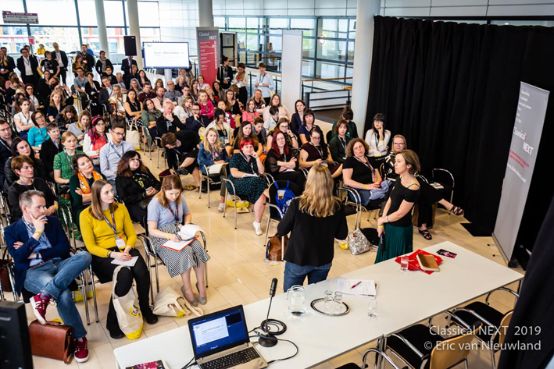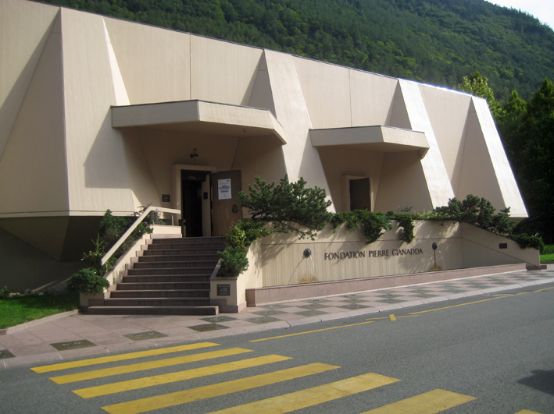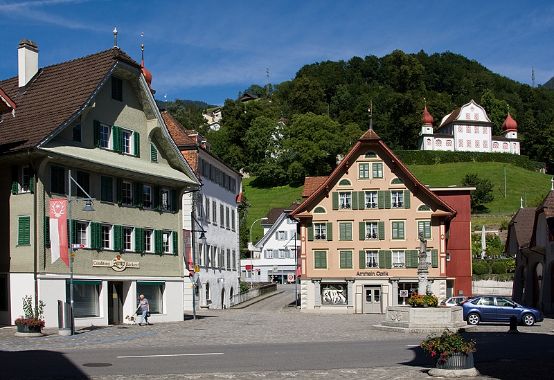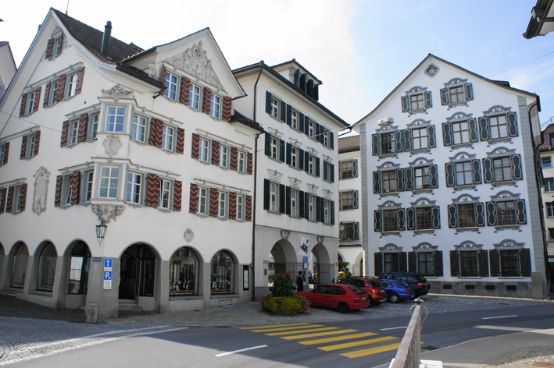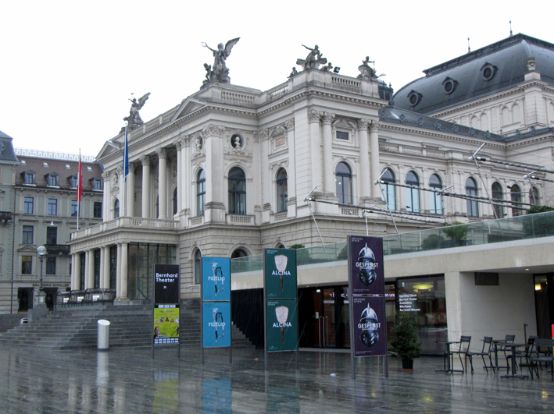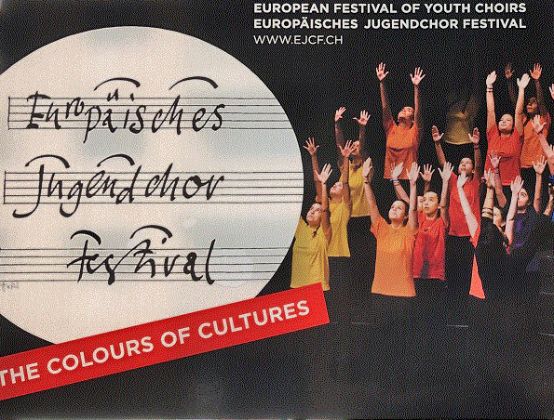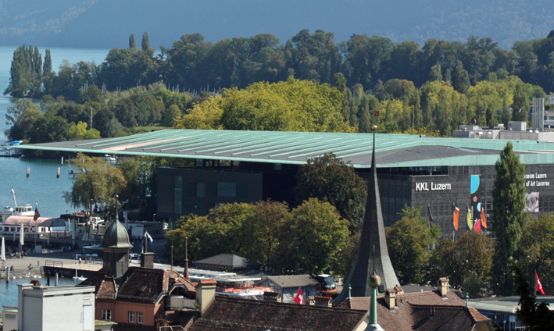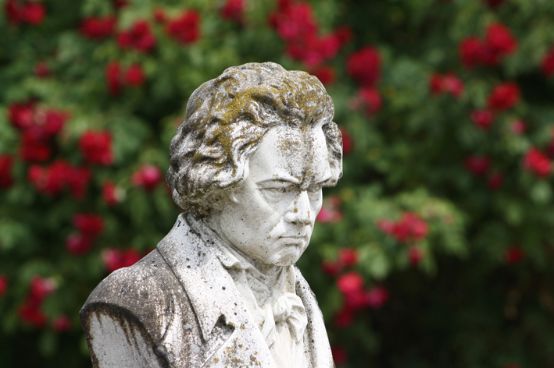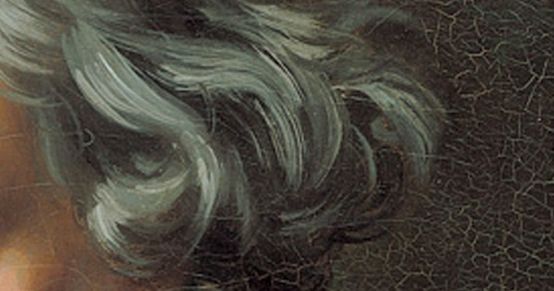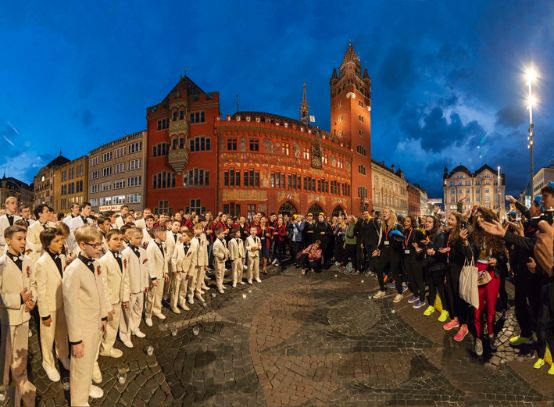With his first symphony, Beethoven redefined the genre, which was firmly established at the beginning of the 19th century and popular in public concert life: in purely external terms, the work was no longer part of an opus with three or six individual compositions (such as the string quartets op. 18). Moreover, it is already characterized by an individual, if not "higher" idea. Although the tone and gestures are still fully aware of the conventions shaped by Mozart and Haydn, Beethoven asserts his own claim to originality in Symphony No. 1 in C major op. 21 from the very first bar: for example, the slow introduction to the first movement does not begin with a radiant flourish, but leads directly to the subdominant with a seventh chord, then reaches the VI degree (again via a seventh chord) and finally the dominant in bar 4. Finally, in bar 4, it reaches the dominant G major.
For contemporaries with open ears (or an absolute ear), this introduction must have sounded revolutionary at the successful premiere on April 2, 1800, especially as C major is only really defined as the tonic much later, with the introduction of the Allegro. But that's not all: the finale is also preceded by a brief Adagio in which Beethoven does nothing other than to descend the scale of the dominant note by note in an exciting manner. In this enchanting simplicity, it is a simply brilliant inspiration.
The fact that this first symphonic work was preceded by two prematurely abandoned attempts has remained largely unknown to this day. Beethoven had begun sketches for a movement in C minor while still in Bonn (111 bars have survived), and there are notes from 1794/96 for another symphony in C major (listed as "Unv 2" in the catalog of works). Beethoven returned to the latter sketches a few years later when working on his Opus 21: he used the theme originally intended for the first movement in a modified form for the finale. Strange.
